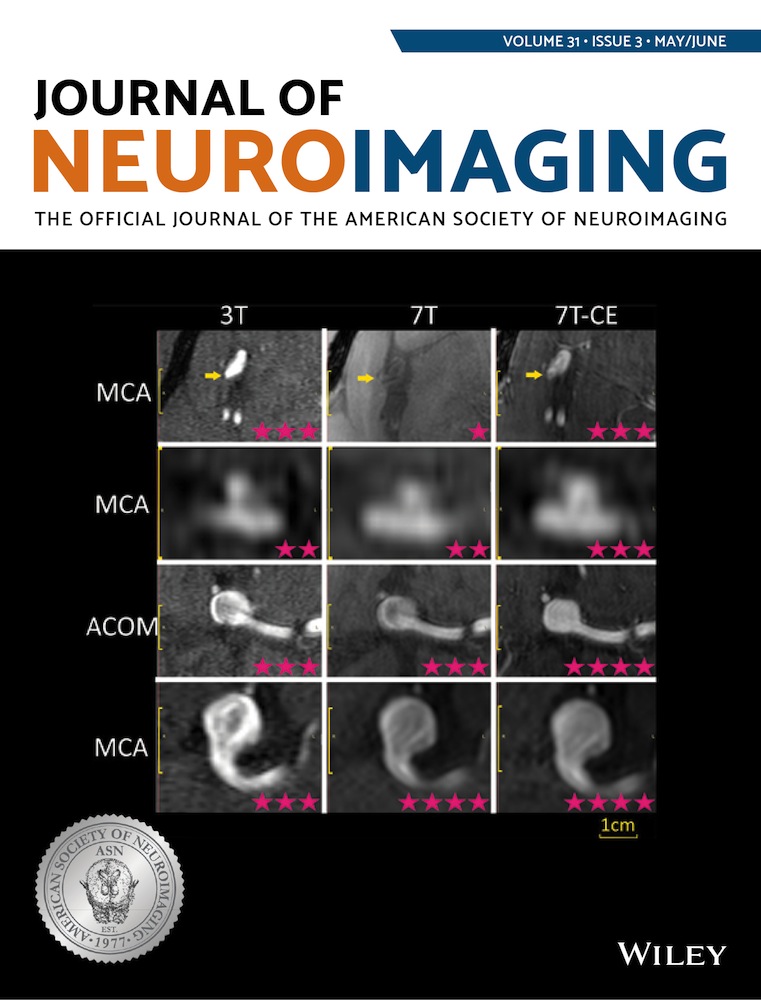Impaired Distal Perfusion Predicts Length of Hospital Stay in Patients with Symptomatic Middle Cerebral Artery Stenosis
Radoslav received funding from Medtronic, Perflow Medical, Rapid Medical, Spartan Micro, Boehringer Ingelheim, and Society of Vascular Interventional Neurology, and he is a share-holder and cofounder of ICAD endovascular. Dr. Romano received grant support from NIH/NINDS to the University of Miami, Miller School of Medicine for role as multiple PI of MyRIAD study (R01 NS084288). All other authors have no relevant financial disclosures.
ABSTRACT
BACKGROUND AND PURPOSE
Perfusion imaging can risk stratify patients with symptomatic intracranial stenosis. We aim to determine the association between perfusion delay and length of hospital stay (LOS) in symptomatic middle cerebral artery (MCA) stenosis patients.
METHODS
This is a retrospective study of consecutive patients admitted to a comprehensive stroke center over 5 years with ischemic stroke or transient ischemic attack (TIA) within 7 days of symptom onset due to MCA stenosis (50-99%) and underwent perfusion imaging. Patients were divided into three groups: mismatch volume ≥ 15 cc based on T max > 6 second delay, T max 4-6 second delay, and <4 second delay. The outcome was LOS, both as a continuous variable and categorical (≥7 days [prolonged LOS] vs. <7 days). We used adjusted regression analyses to determine the association between perfusion categories and LOS.
RESULTS
One hundred and seventy eight of 194 patients met the inclusion criteria. After adjusting for age and NIHSS, T max >6 second mismatch was associated with prolonged LOS (OR 2.94 95% CI 1.06-8.18; P = .039), but T max 4-6 second was not (OR 1.45 95% CI .46-4.58, P = .528). We found similar associations when LOS was a continuous variable for T max > 6 second (β coefficient = 2.01, 95% CI .05-3.97, P = .044) and T max 4-6 second (β coefficient = 1.24, 95% CI –.85 to 3.34, P = .244).
CONCLUSION
In patients with symptomatic MCA stenosis, T max > 6 second perfusion delay is associated with prolonged LOS. Prospective studies are needed to validate our findings.




